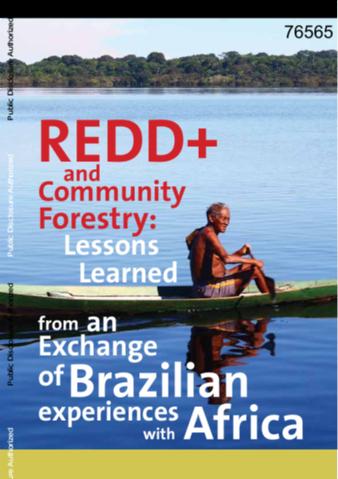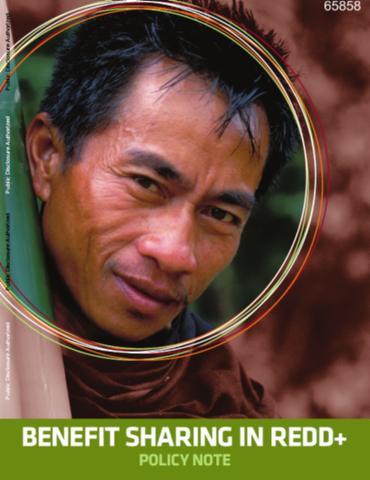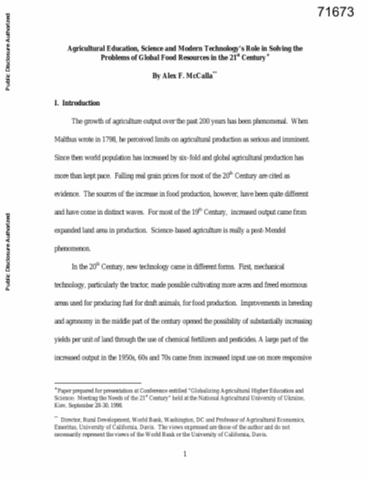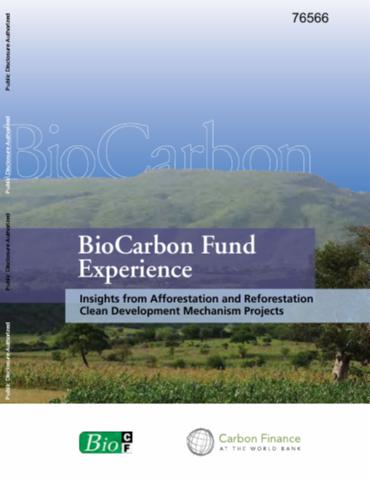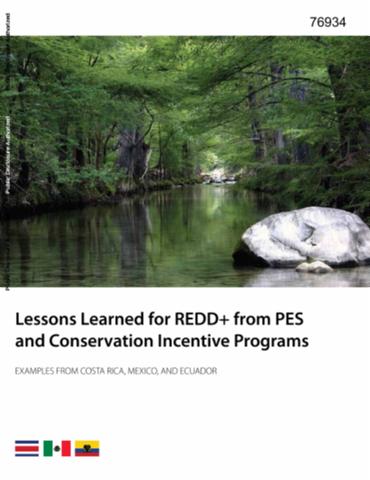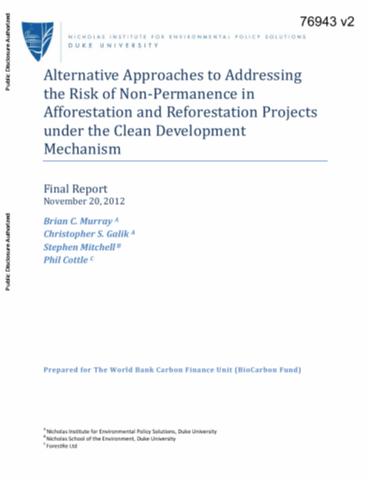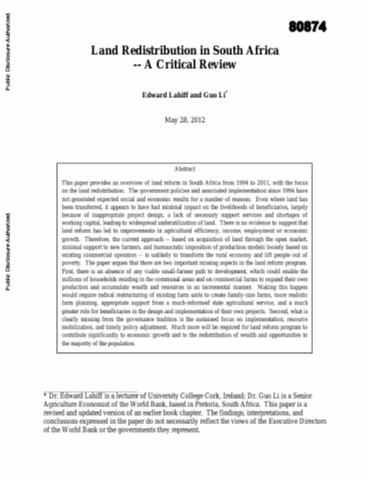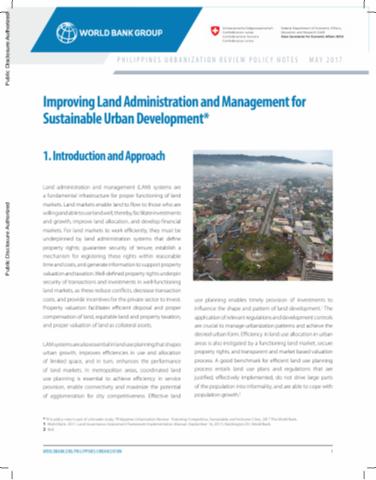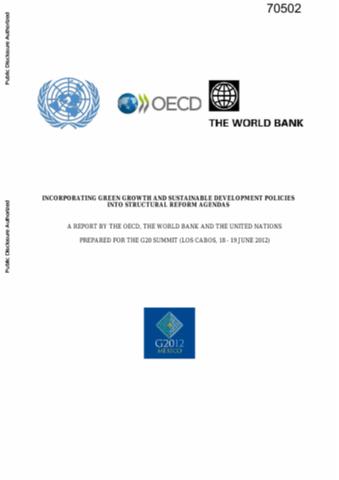REDD+ and Community Forestry
This publication is the result of an initiative to promote an exchange between Brazil and African countries on lessons learned about the role of community forestry as a strategic option to achieve the goals of Reducing Emissions from Deforestation and Forest Degradation (REDD+). The initiative was supported by the World Bank with funding from the Global Environment Facility (GEF), and coordinated by the Amazonas Sustainable Foundation (FAS) with support from the National Forestry Agency International (ONFI).

